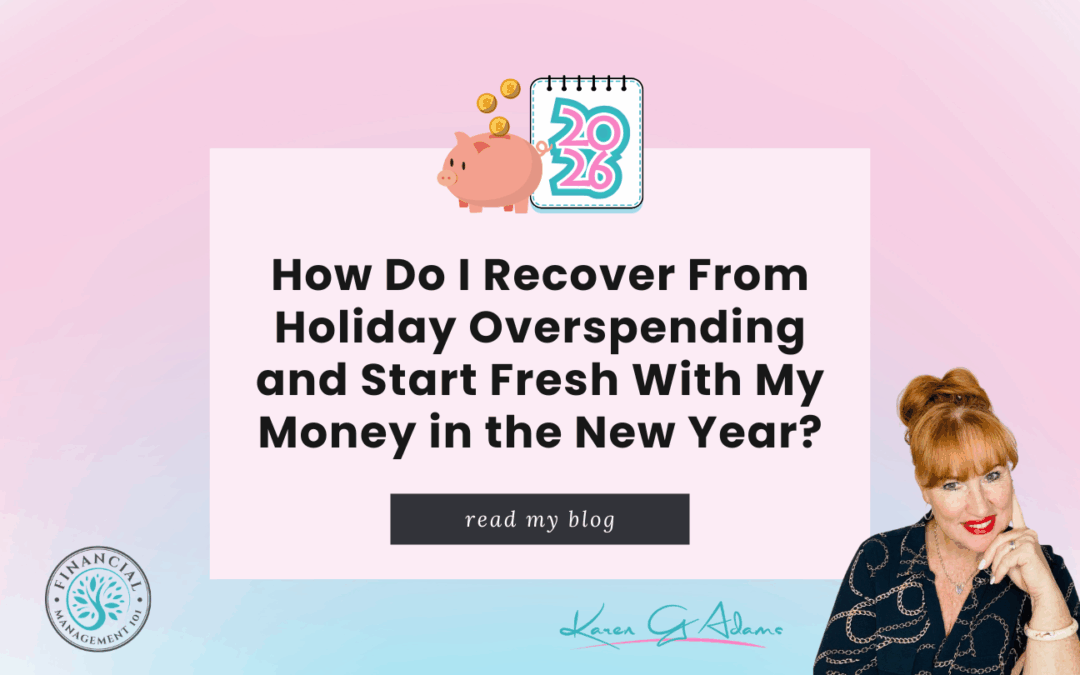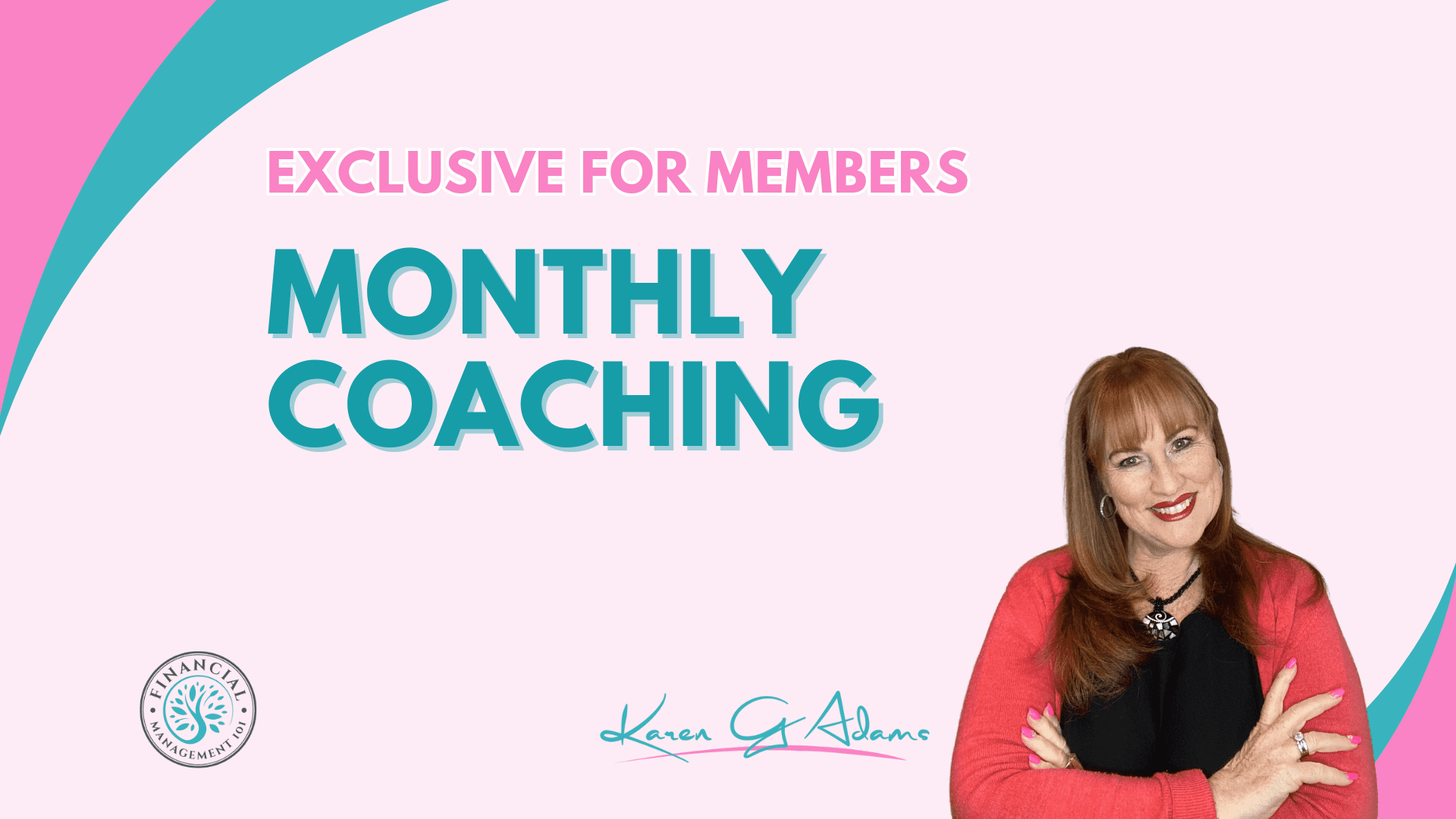
Why Do Most People Fail at Their New Year’s Resolutions and How Can I Actually Stick to My Financial Goals This Year?
New Year, Same Resolutions? Let’s Talk About It.
Ahhh January the month of green smoothies, gym selfies, and freshly purchased planners that are definitely going to change your life this time, right?
If you’re like most people, you’ve probably made a few New Year’s resolutions that sounded amazing on January 1st… but by February? They’re long forgotten, buried under Uber Eats receipts and good intentions.
And when it comes to money goals? Ohhh, this is where the guilt hits hard.
So let’s break it down: Why do New Year’s resolutions fail and what can you do instead to actually stick to your financial goals this year?
Spoiler: It’s not about willpower. It’s about building financial muscle and that’s what I help people do every day.
The Stats Don’t Lie – Most Resolutions Don’t Last
According to research:
- 43% of people expect to fail their resolutions by February
- Only 9% actually feel successful by the end of the year
- The most common failed resolutions? Diet, fitness… and yes — money
Why? Because most resolutions are made in the heat of a moment – not rooted in a system, a strategy, or support.
We say things like:
- “I’m going to save $5,000 this year!”
- “I’m cutting up ALL my credit cards!”
- “I’ll never spend money on takeout again!”
…but we don’t have a real plan behind it. Just hope, hype, and maybe a pretty notebook.

Why Financial Resolutions Fail: The Real Talk
Here’s what I’ve seen in my coaching practice over and over:
- The goal is too vague.
“Get better with money” isn’t a goal – it’s a wish. Your brain doesn’t know what to do with that. - There’s no timeline.
Saving “someday” or “this year” doesn’t create urgency or clarity. - You try to do too much, too fast.
Going from zero to “never spending a dollar unless it’s pre-budgeted” is like deciding to run a marathon when you haven’t walked around the block in months. - No accountability.
When you’re the only one who knows your goals… it’s easy to quit. Life gets busy, bills pile up, and suddenly, your “big resolution” is a tab you closed weeks ago. - Shame gets in the way.
One slip-up, and your inner critic screams, “See?! You always mess this up!” And so you give up again.
Sound familiar?
So What Actually Works? (This Is Where It Gets Fun)
Instead of setting rigid resolutions, try this instead:
✅ Set Clear Financial Intentions – Not Punishments
Financial intentions focus on who you want to become and how you want to feel – not just what you want to do.
For example:
- “I want to feel peaceful when I check my bank account.”
- “I want to be someone who saves consistently.”
- “I want to feel proud of my money decisions.”
From there, we build small, tangible goals that align with that intention. That’s the sweet spot.
✅ Build Micro Goals That Stack Into Momentum
Instead of “Save $5,000 this year,” try:
- “Transfer $100 every payday to my savings account.”
- “Do 1 no-spend weekend per month.”
- “Track my spending daily for 30 days.”
These small actions feel doable and when done consistently, they change everything.
✅ Have a System – Not Just a Goal
Anyone can write a goal. But what’s your system to get there?
Here’s a basic system I teach inside my Financial Muscle Coaching:
- Weekly money check-ins (10 minutes)
- Monthly budget reviews
- Track 1 habit at a time (like spending or debt payments)
- Celebrate progress every month.
Systems create structure and structure creates success. Don’t wait – join the membership now and start living your best life from today.















